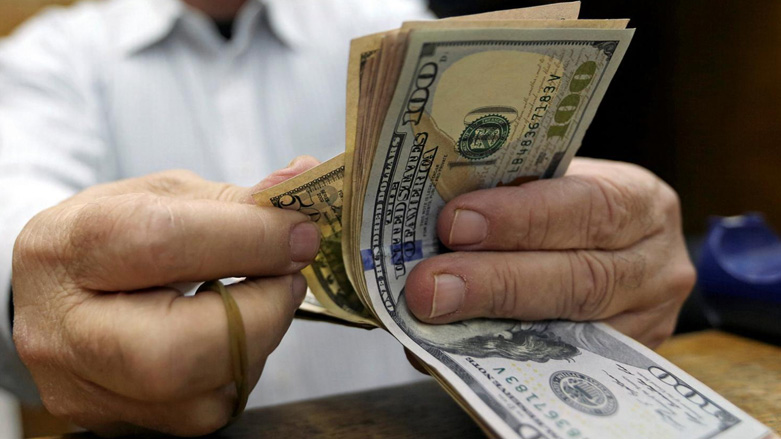Iraq sentences ex-minister in absentia on corruption, pardons another

ERBIL (Kurdistan 24) – Iraq’s judiciary on Thursday sentenced a former minister of trade and two other senior officials in absentia to seven years in prison on corruption charges.
The Integrity Commission stated that three Iraqi officials were found guilty of graft charges linked to rice imports related to the food program – ration card, stealing and misusing up to $14 million of public funds.
The court “reached the sufficient threshold of proof, and sentenced each official to seven years in prison,” the statement cited Baghdad’s Special Court for Crimes Against Integrity as saying.
The court has also ordered local banks to freeze their assets.
The statement did not reveal the names of the three officials, but a source at the Commission told AFP that they include Former Minister Malas Abdulkarim al-Kasnazani and two senior trade ministry officials.
In the former government cabinet of former prime minister Haider al-Abadi, Kasnazani briefly served as trade minister but was sacked in December 2015 for failing to show up to work.
It was believed that he fled to Jordan after a court issued an arrest warrant against him over charges of corruption.
Kasnazani, along with two of his brothers, were arrested in the 1990s for faking the signature of ex-President Saddam Hussein.
He is the second trade minister to receive a prison sentence over corruption charges in the past year.
Abdul-Falah al-Sudani is another former trade minister, who served in the government following the fall of the dictatorship system in Iraq, who was also sentenced in absentia for his role in the food import industry’s widespread corruption.
Last year, Interpol arrested Sudani in Lebanon, who was then transferred to Baghdad and sentenced to 21 years in prison. However, documents recently leaked show that he has been pardoned, a move which has sparked anger and controversy in the country.
According to Transparency International, Iraq is the 12th most corrupt country in the world.
Iraq continues to suffer from widespread corruption, with many government employees receiving salaries without actually being present or working - commonly known as “ghost” employees. The system has so far cost the country some $228 billion since 2003, according to the Iraqi Parliament.
Editing by Nadia Riva
